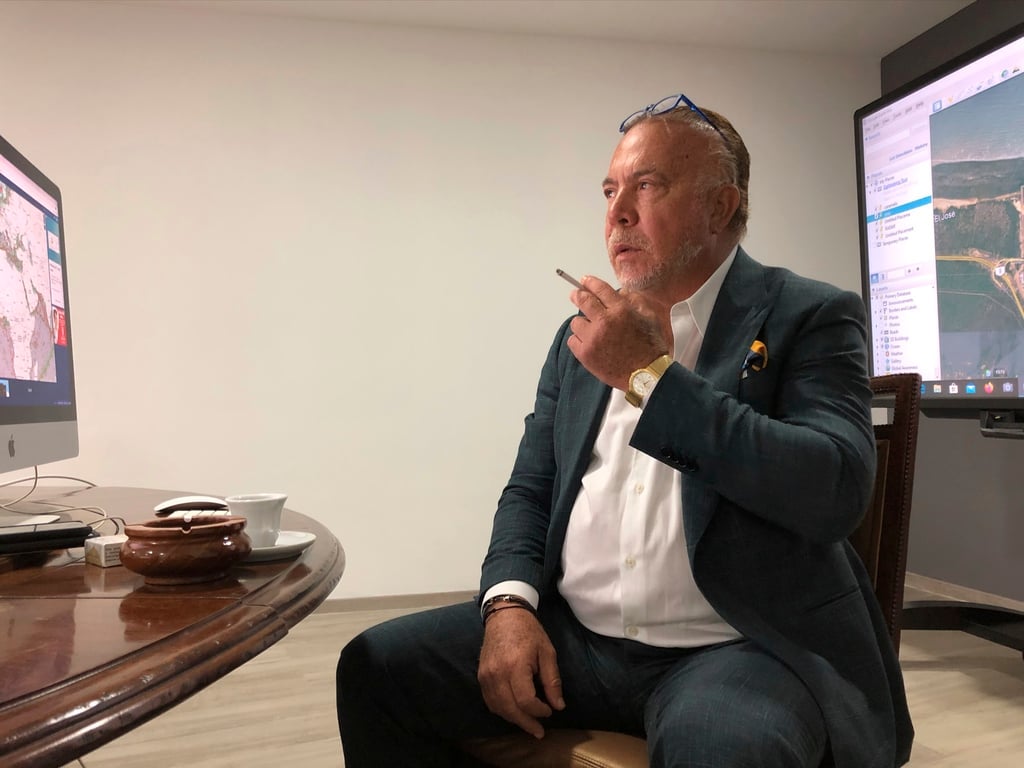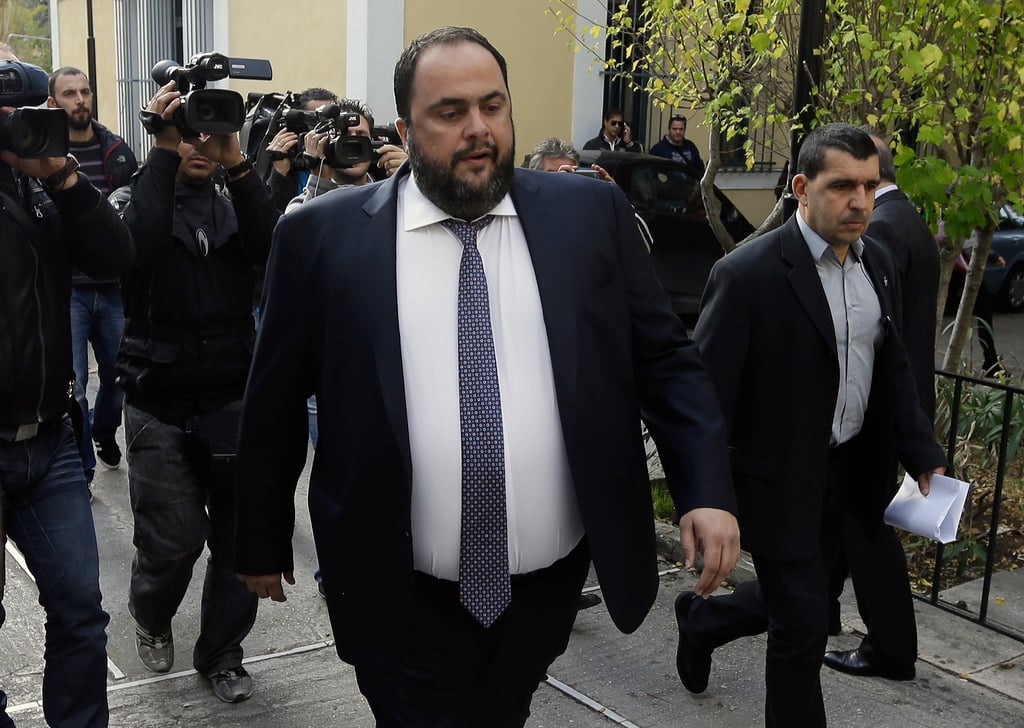MIAMI (AP) — For two months, the Malta-flagged oil tanker Alkimos has been quietly floating off the Gulf Coast of Texas, undisturbed by the high-stakes legal fight playing out in a federal courtroom as a result of American sanctions on Venezuela.
The commercial dispute, which hasn’t been previously reported, has all the drama of a pirate movie: a precious cargo, clandestine sea maneuvers and accusations of a high seas heist.
Round one appears to have favored Marinakis, whose Piraeus-based Capital Ship Management Corp, operates the Alkimos. On Wednesday, federal marshals in Houston are scheduled to auction off the ship’s’ cargo: 100,266 barrels of high octane gasoline estimated to be worth more than $5 million. The auction is in response to Judge Lynn Hughes’ order seizing the cargo, which he said would’ve likely ended up in Venezuela, while arbitration over a $1.7 million lien continues.
“This clearly demonstrates that sanctions work,” said Russ Dallen, who closely monitors maritime traffic as the head of Miami-based Caracas Capital Markets. “But although this shipowner appears to have done the right thing, there are lots of other unscrupulous cockroaches in the shipping industry that won’t hesitate to do business with Venezuela.”
The U.S. has been trying for months to cut off fuel shipments to and from Venezuela, hoping to accelerate Nicolás Maduro’s downfall by depriving him of the oil income that is the lifeblood of the socialist country. But so far the biggest losers have been regular Venezuelans, who are forced to wait in line for days to fill up their cars due to a lack of domestically-refined gasoline.
To date, the Trump administration has sanctioned more than 50 vessels found violating sanctions. This month it added five Iranian captains to a list of individuals blocked from doing business with the U.S. after Maduro leaned on his fellow anti-American ally to deliver gasoline that skittish commodity traders are increasingly unwilling to supply Venezuela.
The Alkimos’ saga, which was pieced together from court filings reviewed by The Associated Press, began innocently enough. In late March, the Chinese-built carrier, which measures 156 meters (480 feet), was docked in Panama when it was hired to deliver the gasoline to Aruba.
But almost immediately something seemed off.
The shipping instructions indicated the cargo would be transferred at sea to another ship that had been visiting Venezuelan ports exclusively for the past year. And payent for the freight was wired from a third party, a company called Ultra Travel, which was purportedly based in Montenegro.
Moreover, ES Euroshipping AG, the Swiss-registered company that chartered the Alkimos, was owned by Ruperti, a businessman connected to Venezuela’s government.
In 2002, Ruperti chartered a fleet of Russian tankers to help then President Hugo Chávez break a months’ long strike at the state-run oil company PDVSA. Now, he was trying come to the rescue again.
In March, a separate Swiss company he controls billed PDVSA for a 12 million euros advance with which he planned to purchase up to 250,000 barrels of the same 95-octane gasoline he hired the Alkimos to transport, according to a copy of the invoice obtained by the AP. To get around the U.S. sanctions, the company opened a bank account in euros and rubles at Moscow-based Derzhava Bank.
The Alkimos tanker is owned by Brujo Finance Company, a company registered in the Marshall Islands. But its operator, whose name and corporate logo is painted on the ship, is Capital Ship Management, which operates a fleet of 54 tankers.
Capital’s chairman, Marinakis, is the owner of football clubs Olympiakos in Greece and Nottingham Forest in England.
In 2018, prosecutors opened a preliminary criminal investigation against him in a case stemming from the record seizure of 2.1 tons of heroin aboard a vessel in Greece. He has strongly denied any wrongdoing, saying he was being targeted by the leftist government at the time to silence dissent. In the past, he also faced match-fixing charges but was later cleared.











